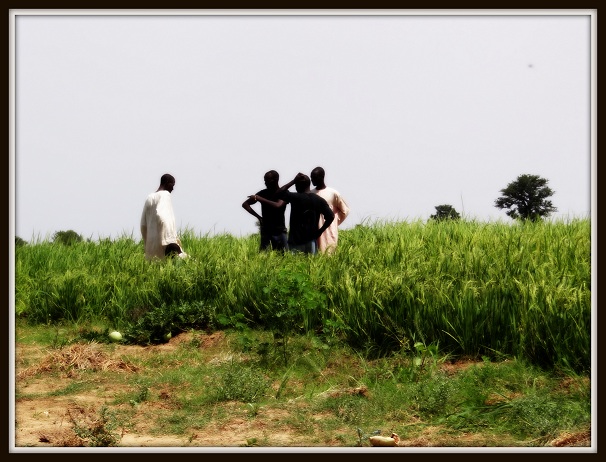
Source: IFPRI Nigeria
MOTIVATION
In 2005, the Nigerian government launched Fadama II, a World Bank-funded project intended to increase the income of farmers, fishers, and other poor people in the low-lying floodplains—known as Fadama in the Hausa language—where poverty is concentrated.
In 2006, the World Bank commissioned IFPRI to evaluate the project’s progress. IFPRI researchers conducted an in-depth evaluation that assessed the project’s impacts on incomes of participants and the villagers’ ability to acquire assets. The evaluation found that after its first full year of operation, the project increased average household incomes by 60 percent. It also highlighted areas for improvement, such as the project’s limited impact on incomes of the poorest households and the need for improved credit services for the poor.
OUTCOMES
IFPRI’s review contributed to the design of the next phase of the project. In particular, the review played an important role in the decision to involve credit providers in the development of a sustainable system of productive-asset provision and the improvement of poverty-reduction targeting. IFPRI research results were quoted several times in the Project Appraisal Document and cited as justification for the World Bank and the government of Nigeria moving to a new phase of the project and allocating US$250 million of funding to Fadama III.


